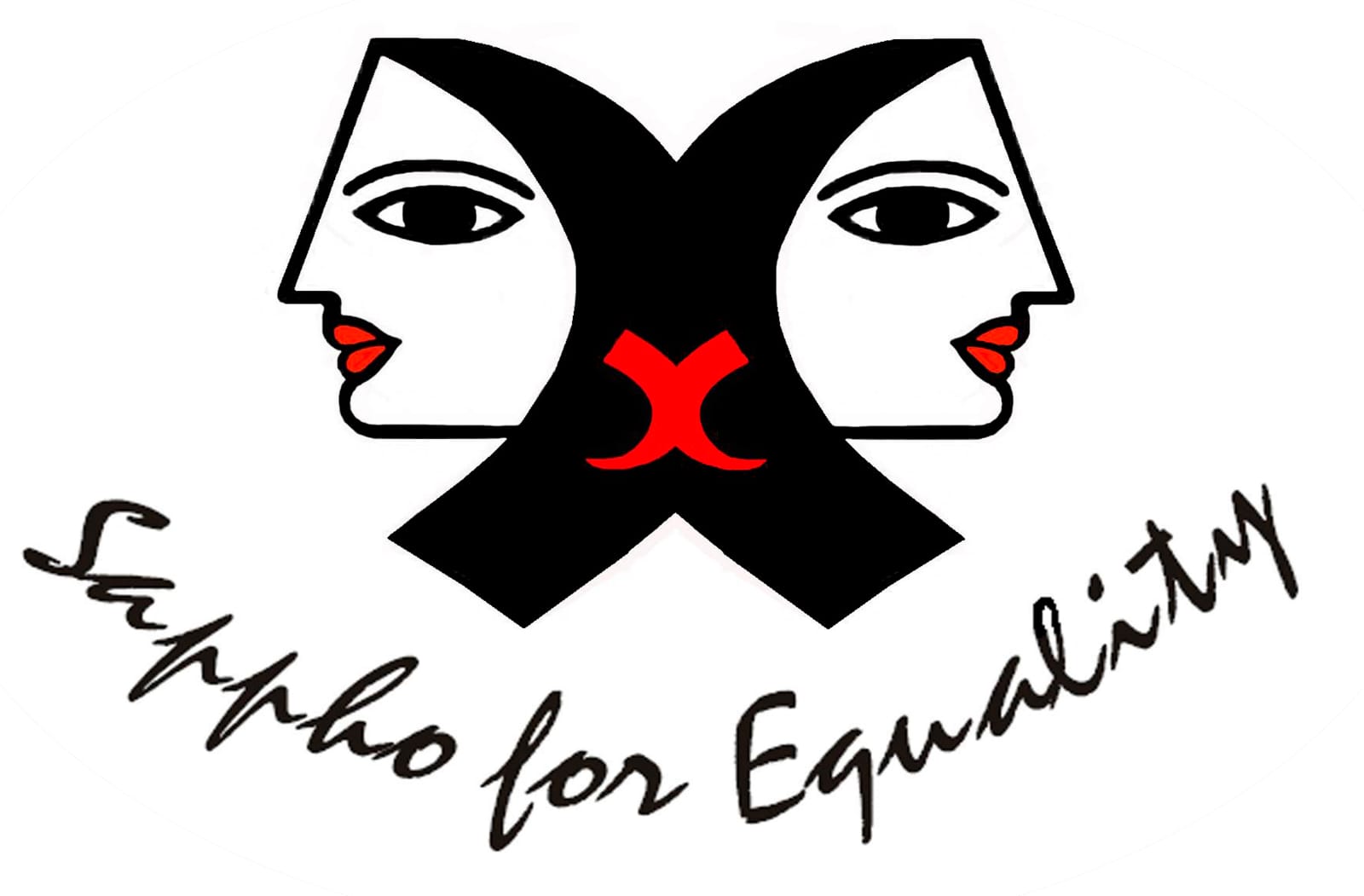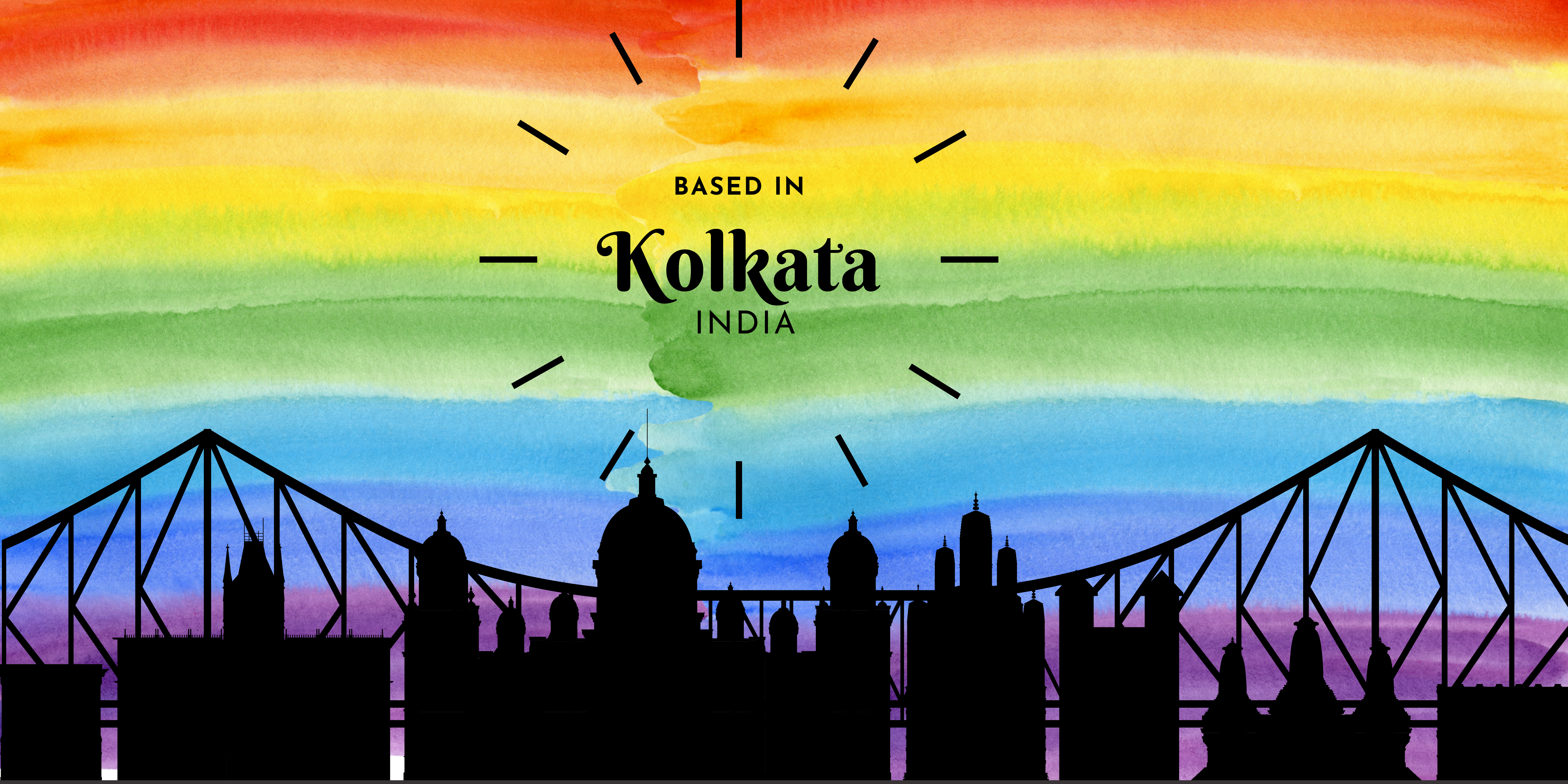2003 Landmarks
INCEPTION OF SAPPHO FOR EQUALITY
Sappho was functioning as a non-registered emotional support group for lesbian, bisexual and transmasculine persons. Sappho for Equality became the action forum to ensure the entitlements of lesbian, bisexual and transmasculine persons. This shift from emotional support to entitlements based involvement and inclusion of like-minded people from various other social developmental sectors was central to Sappho for Equality’s ideology. The mission of the collective is to address the issues of gender-sexual marginalised persons in our society, problematise the existing normative binaries, and broaden the struggle for democracy for equal entitlements, within the nation-state and beyond.
Sappho for Equality, established in October 2003, is the only registered organization in Eastern India that works for the rights and social justice of sexually marginalized women and transmasculinie persons. It uniquely works to create bridges between the so-called non-normative peripheral and normative central populations in our society and positions gender-sexuality within existing development discourses.
Sappho for Equality works with, but not limited to, a four pronged approach –
- Strengthening potentiality of the GSM (gender-sexual minority) population.
- Outbound or addressing general civil society, networking, awareness raising and sensitization programmes, state-bound or persuading the State.
- Archiving, research and documentation of queer lived realities over two decades alongside a continuum.
- Queer affirmative mental health service to queer-trans* persons and their families.
INITIATION OF QUEER AFFAIRMATIVE MENTAL HEALTH SUPPORT
Sappho for Equality started a counseling service for lesbian, bisexual and transmasculine persons in December 2003. It was a timely and necessary step, taken with the assistance of one of SFE’s executive committee members, an eminent psychiatrist who started volunteering at Sappho as a counsellor. Historically, queer identities have been pathologised and individuals belonging to the LGBTQIA+ community have been identified as persons with abnormalities or any form of mental illnesses. Against this background of institutionalised violence, seeking out mental health support/care can also contribute to further marginalisation of queer folks. Therefore, the need for queer affirmative counselling has been, and continues to be, dire. Various intersectional factors adversely affect the mental health and well being of LGBTQIA+ persons, including but not restricted to, stigma, bullying, discrimination and other manifestations of homophobia, biphobia and transphobia.

